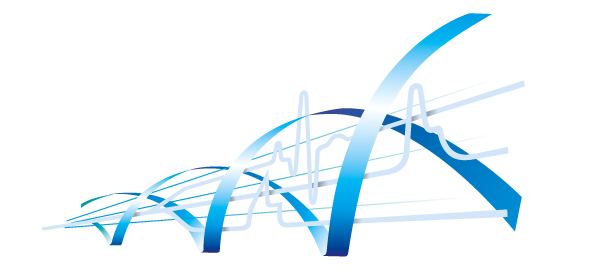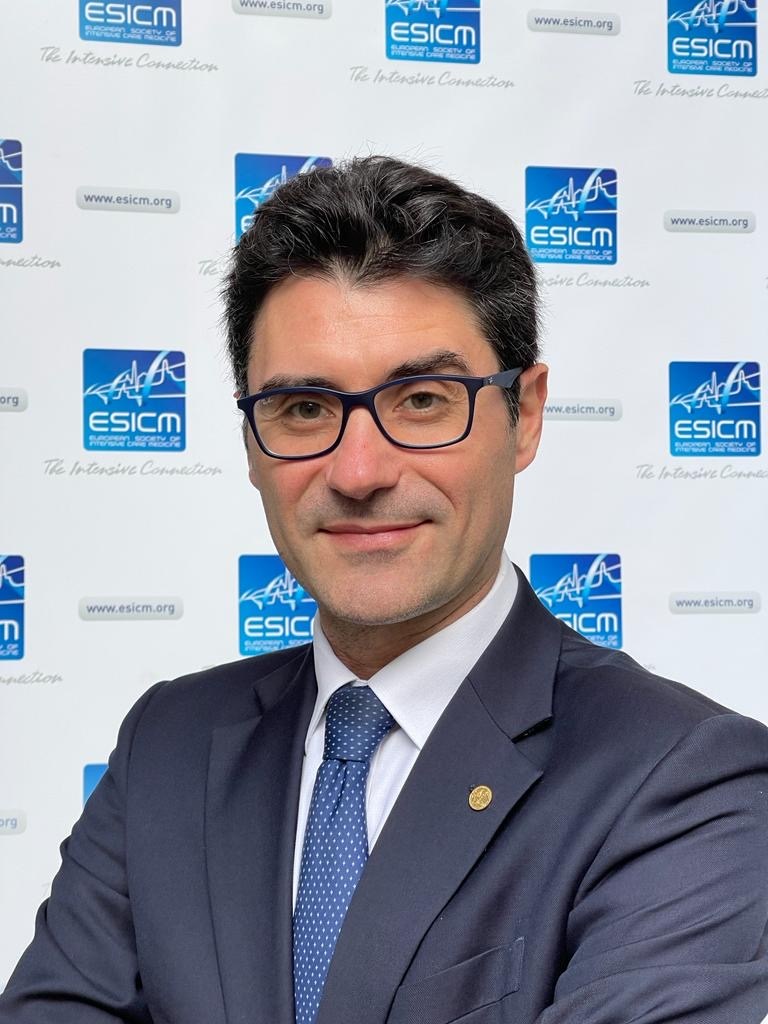The President’s Voice: standing by our colleagues around the world

|
|
Standing by our colleagues around the world |
DEAR COLLEAGUES,
In March 2020, COVID-19 first hit our Intensive Care teams hard. Two years later, thanks to the work of our ICU teams, the progress made by researchers both in prevention and treatment and thanks to citizens getting vaccinated, we are facing COVID-19 better. However, we must not forget that the pandemic is far from over, and it affects different areas around the world unevenly.
We will be here to support everyone against COVID-19 until the pandemic is over everywhere. For these reasons, we have taken several actions.
The COVID-19 Skills Preparation Course (C19_SPACE) is still freely accessible to any healthcare professional worldwide to provide them with basic Intensive Care training and help them support their ICU teams in case of surges. In addition, we are proud to announce that we have partnered with the World Health Organisation (WHO) to make the programme available in several more languages. Likewise, we are currently piloting translations of the COVID-19 ALIVE course to make it further accessible in low- and middle-income countries.
Still, in 2022 we can also look more optimistically at the future and our return to face-to-face events.
The first one will celebrate the Society’s 40th anniversary in Madrid, from May 12-14. We are excited to celebrate this milestone with our community and have the chance to network and exchange ideas and knowledge with international peers and learn about the latest innovations to advance patients’ care. The same opportunities will raise in Delhi, India, where we will celebrate our 5th EuroAsia Conference in partnership with the Indian Society of Critical Care Medicine (ISCCM), from June 30 to July 3.
Of course, we are well aware that travel restrictions might prevent a large part of our community from joining us in presence. So let me reassure you that you will still be able to connect with our global intensive care community.
The Society has developed a sizeable virtual offer to meet all your needs: from Master Classes to live webinars, from learning pathways to exams. Our online interactive formats engage and connect thousands of people from all corners of the world. For whoever will be able to travel, I do look forward to meeting you in person.
Solidarity has been the driving value of our community over the last years, and thanks to the help of every one of you, we have demonstrated that education and knowledge can save lives.
Recent events in Europe have shown that uncertainty will be high even in the future. But I know that I speak for everyone in our community when I say that we will remain united in solidarity even during the new challenges that the future will bring.
We have already voiced our support for the Ukrainian people and our ICU colleagues under attack and condemned the invasion of their country. We have particularly called for the respect and protection of healthcare services and personnel to guarantee assistance to the sick and wounded, as required by International Law, the Geneva Convention and human decency.
We are aware that the expression of our solidarity is not enough, and we must act.
That’s why we are doing everything to extend a concrete helping hand to our colleagues in need of help.
Since the beginning of the crisis, we have contacted them and welcomed new colleagues into our family. We’ve also reached out to colleagues in neighbouring countries where there is pressure on healthcare systems to meet the needs of refugees.
Currently, we are working with the European Commission and the WHO to try and bring help to local health workers.
At an online meeting with the EU Commission DG Sante, we voiced the needs of the ICU community. We requested all organisations to ensure a centralised priority-based intervention in supplying any help that can alleviate the hardship of our Ukrainian colleagues. In addition, we have continuously asked for humanitarian corridors to be guaranteed to support Ukrainian patients and healthcare workers.
We have been constantly in contact with our colleagues from Ukraine and admired their passion and commitment to saving lives. So we have asked how to best support them; the first step was to grant Ukrainian healthcare professionals free access to our existing educational resources, especially our ACE courses. But such extreme war conditions require exceptional preparedness and knowledge.
Our strength is in our members’ network and our ability to develop training and teaching tailored to the needs of our colleagues. From this realisation, we developed the idea of the ALIVE Solidarity webinars. Last week, we offered two webinars on Triage to ICU admission in times of Mass Casualty and Hypothermia Management. More sessions will follow soon.
Furthermore, we will host an ALIVE Solidarity Marathon on Wednesday, March 30, beginning at 14:00 hrs Brussels time. During this free 4-hour broadcast, several international guest speakers will share their experience and discuss a broad range of topics to support not only our Ukrainian colleagues but any healthcare professional operating in war zones, facing pandemics or managing refugee crises.
We will keep these webinars and other resources free to help the intensive care community anywhere it is most needed.
Solidarity has been a fundamental value of our community’s response and is needed more than ever. Please consider donating or asking friends to donate to our ALIVE fund to support ICU patient care worldwide.
Let me end on a genuinely appreciative note for our nearly 10,000 members who dedicate their time, energy and passion to making all of our initiatives possible. The last years have posed massive challenges to our community, but we have continued to dedicate excellent and compassionate clinical care to our patients and families.
Together, we are Intensive Care.
Maurizio Cecconi, ESICM President

